History: how to get good in the subject
One of the disciplines that the majority of students find dull is history. However occasionally it is a subject that must be studied, thus students must do their best to do so. While some students are not interested in studying history, many students who are good at their studies nevertheless struggle with learning history. History is a broad subject, and as we all know, it is full of names, locations, and dates. It is also difficult to memorize everything at once. Yet, different resources and study techniques are needed for every subject.
Learning about history can be incredibly fascinating and enjoyable. This tutorial is intended for you if you’re interested in learning how to learn history in enjoyable ways.
History won’t be a headache for you any longer if you approach it with the appropriate methods and advice. It teaches us how these changes are made and how the society in which we live came to be, making history a very significant subject. History focuses on how the past influenced the present, the future, and so forth. Understanding the roots of our cultures via history fosters a greater understanding of other civilizations. Together with numerous other factors.
A person who excels in studying history can significantly improve today’s way of life. Because he considers the past before discussing and enhancing the present. Students that study history typically have a focus in mind, whether it be military history, art history, education history, ancient history, or any other branch of history. It becomes challenging to recall all of these focuses at once because each one contains many important facts, such as years, names, and locations. There are certain useful tricks and tactics that might help you retain the information with ease in order to memorize all of these. Check out the below advice and methods as we examine them.
Become an expert in history

IMAGE CREDITS: istockphoto.com
You may not enjoy studying a subject at times if it is not in your area of expertise or interest. So, it’s crucial that you enjoy history before beginning to learn or study it. There are only a few pointers and tricks to remember before adding it to your domain. Knowing your objective is most important.
Be ready to understand dates
If you don’t enjoy recalling dates, please excuse me, but you might have some trouble doing your best in a history exam. Keep scrolling to learn how to memorize dates even better.
Do not be biased: learn history
We begin to get biased towards something when it becomes our favorite subject or topic. Simply avoid doing that. That hurts how well you perform. In order to make our point obvious, let’s use the example of someone who enjoys learning about historical structures rather than the owners of those structures. In this case, you would only have access to half the information. Have an open mind and try to learn everything.
Manage your time
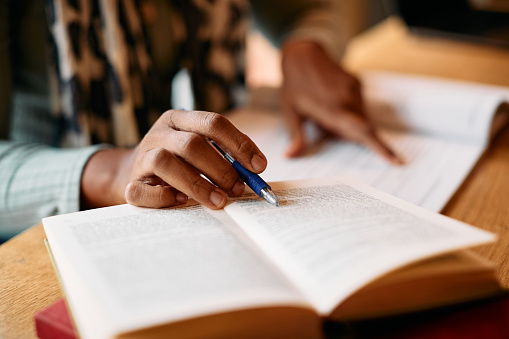
IMAGE CREDITS: istockphoto.com
Time is required to excel in any topic. When studying a subject like history, more time is needed than usual. Use time management techniques such as dividing your subject into subsidiaries and those subsidiaries into quarter-subsidiaries before allocating a time period to each topic.
Practice, quizzes and tests: learn history
The secret is to practice. You will be able to learn history more effectively the more quizzes and assessments you take. When you are putting time and effort into perfecting something, you steal the show. You can use quizzes to study history as well as to learn about the format of the test or the potential difficulty of the questions.
Know what to do: learn history
A mind map is created when your thoughts are spoken ejected. Mind map is the only sure-fire method for learning history. A mind map does a wonder that might none instrument could ever do. Create a mind map to win the contest.
Explore before and after 19th century

IMAGE CREDITS: istockphoto.com
Every coin has two sides, just like the history of the period prior to and following the 19th century. History before the 19th century was entirely different, and history after the 19th century was the exact reverse. And a good student of history is aware of both sides of the narrative, not just one. Also, certain historical events had connections even if they took place in separate centuries, so how could you become an expert in history if you didn’t study the whole thing?
Conceptualize with visuals: learn history
You may occasionally read about an event yet be unable to identify it from a picture. Alas! Such an enormous let-down. because a student of history must be familiar with everything. Learning is made even more fascinating and thrilling by visual examples. You can be highly confident about your views and occurrences. Isn’t that wonderful?
Highlight important details
Mark all the significant dates and events with a brilliant yellow highlighter, a burst of pink, or an intense orange. As you come across each significant detail, mark it with a color and make a note of it. When you are finally getting ready for boards, this will help.
Footnotes and dog-eared pages: learn history

IMAGE CREDITS: istockphoto.com
Your text should have annotations and footnotes, and the relevant pages should be dog-eared. You can also create a dog-ear by folding the corner of essential pages or writing a summary of the chapter in bullet form on a flashcard.
They improve memory and make learning simple. You’ll be able to complete modifications more quickly if you do this first.
Build timeline to connect
The history textbook is replete with dates and events in every chapter. They become difficult to remember. Make a cumulative chronology of all the events that have occurred rather than learning about each one separately. Drawing connections to textual passages helps to emphasize a point and provide a summary.
Visual cues: learn history
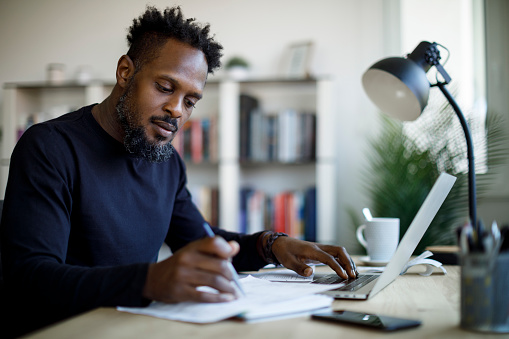
IMAGE CREDITS: istockphoto.com
It is simpler to remember things when they are connected to visual signals. Make use of visual signals rather than rote learning. Such visual mnemonics promote memory and foster longer-lasting associations with information. Your brain makes more connections with the cues’ content and memorizes information more quickly.

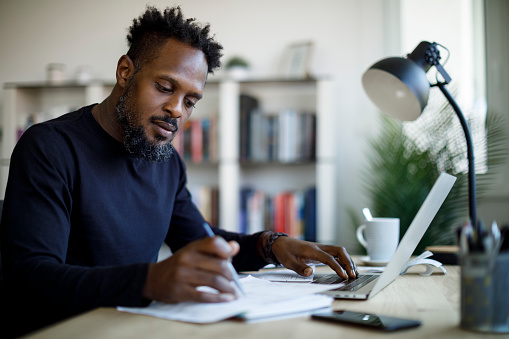
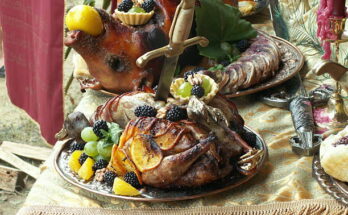
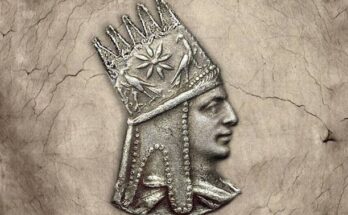

2 Comments on “History: how to get good in the subject”